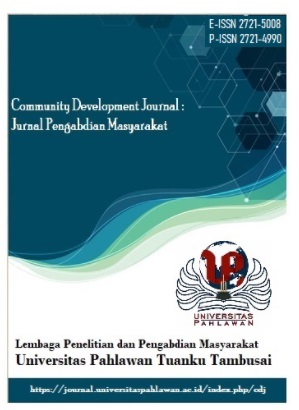Governing Body & Contact
Editorial Team
Reviewers
Editorial Team Contact
Editorial Policies
Focus and Scope
Peer Reviewers Process
Reviewer Guidelines
Publishing Frequency
Publication Ethics
Open Access Policy
Author Fees
Submission
Author Guidelines
Online Submission
Call For Papers
Article Template
Screening for Plagiarism
Reference Manager Usage
Additional Information
Journal History
Indexing Sites
Visitor Statistics






